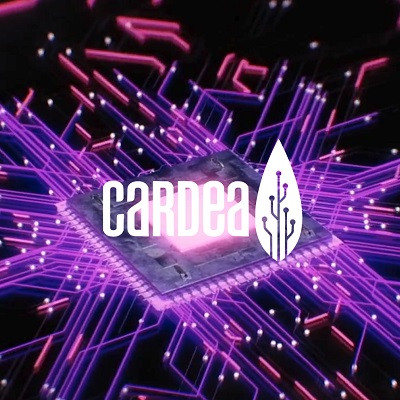
2022-09-12
Visited : 2627
The US non-profit organization Semiconductor Research Corp. has invited Cardea Bio to help it create a roadmap for microelectronics and advanced packaging technology.
Cardea Bio Inc. is a 2019 startup that develops graphene-based digital biosensor hardware and software for the life science and healthcare industries. It is a mass producer of mass producer of biocompatible semiconductors and its biosignal processing unit (BPU) is capable of capturing real-time streams of multiomics signals into digital information.
Brett Goldsmith, CTO of Cardea, said he has joined the IoT sub-group of SRC’s work on defining the Microelectronic and Advanced Packaging Technologies (MAPT) Roadmap for the US National Institute of Standards and Technology (NIST).
18 months to roadmap
The SRC will spend the next 18 months developing a roadmap that include the identification of essential technologies, standards and steps needed to develop a workforce to support the roadmap.
“The barriers that Dr. Goldsmith’s team has met and overcome with the graphene-based biosensors are unique in an area of great interest and future growth. The electronics community, as a whole, will benefit greatly from Cardea sharing their experiences, so we’re really excited to have them on board in this project,” said Todd Younkin, CEO of SRC, in a statement distributed by Cardea.
NIST MAPT Roadmap members include Cardea Bio alongside Analog Devices, Applied materials, AMD, Globalfoundries, IBM, Intel, Micron, NXP, Qualcomm, Siemens, SK Hynix, Skywater Technologies, Synopsys, Uhnder.
Read the original article on eeNews Analog.